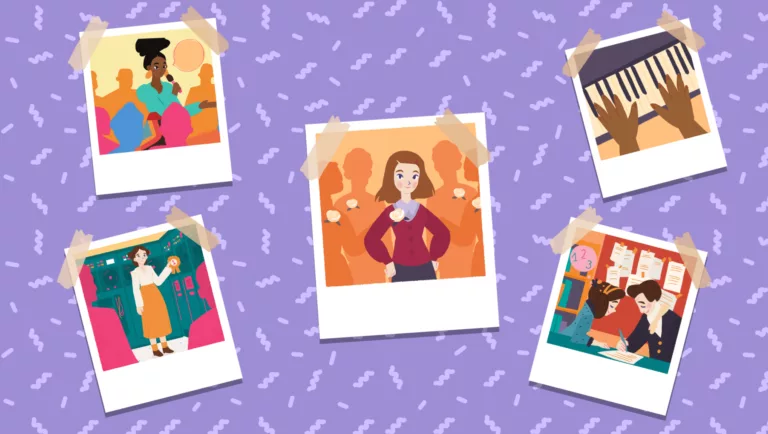
10 Reasons Why Our Brain Loves Lists
19th May 2020
Top 100's, 31 Flavours, 8 Reasons Why, even something as simple as your grocery - psychologically we all love a good list and for educators, it's an essential tool for engaging educational content with students.
Here's ten reasons why we should embrace the power of a list:
- Providing order to chaos
Lists help organise our workflow into manageable chunks. A list is powerful for its ability to show hierarchy, key-points and it's overall ability to summarise large outputs of data. - We're too busy for anything else
More note-worthy for younger generations with the notion of a "ain't nobody got time for that" philosophy. Our brains like lists, as it's essentially a cheat sheet for the brain. Lists allow us to scan information readily and remove that pesky 'filler' (and prose) giving us just that juicy, sweet info that we need. - A list is definitive
As humans, we are put-off by uncertainty. Context can be misinterpreted especially within modern-day language and cultural barriers. However, a list is engaging, simple-to-comprehend and hard to misconstrue thanks to going back to basic with dividing content through the most basic of tools at our disposal - numbers. - Interaction guaranteed
For students, lists provide an educational learning mechanism wherein they try to guess what could be coming up next in the list. Specifically for aesthetic learners, this is a tried-and-tested tool for educators that can make a real difference for real-time educational input across multiple learning-types. - You know what you're getting into
At a simple glance, we know what to expect before we click onto that video or open that illustrious blog post. For example:
a) only 5 items, "I have time for 5 items"
b) or it’s a top 100 list, "I better give myself a few minutes" - They make us seem smarter than we actually are
If it's a long list, it implies we have a wealth of knowledge surrounding us, however even if it's a small one-digit list, then it implies we know our stuff so well, we are able to condense it into just the fundamentals. Either way, you can't lose! - Enticing the unenticed
Utilising even-numbered lists implies that some didn't make the cut, it invigorates the brain to find out which did and which didn't, whereas odd-number lists entice just as much: 8 rules? 31 flavours? 51 ways? "Why did they choose such an odd number, that 51st one must be interesting!" - They free us the burden of having to remember
With lists, everything has its place there's no stress… "why worry, it’s already on my list", read top to bottom and nothing gets missed start it today, add to it tomorrow, refer to it next week. Reducing stress, providing goals and helping any large task seem more manageable. - The brain wouldn't have it any other way
Whenever we encounter new information, our brains immediately try to make sense of it. Putting things in a list format makes it much easier to digest and it saves time as well, tricking our brains into assuming it's more efficient than perhaps it actually is. - Here's your reward
Lists give us that dopamine release that rewards completion of tasks or reaching a new goal within our human DNA. It pushes us to finish the list once we start, as we can see where the end-goal is.
As you've finished this list, here's a cookie along with a helpful injection of dopamine. Here's to the power of a list!

Let's Work together
We’re a team of media professionals and educators that want to inspire a generation of global learners through smart, engaging educational content they love.
More about our services
Education
Uncategorized


Makematic Finalists in Inclusive Education Award

Makematic Partners with Rebel Girls for New Video Series
Follow us
